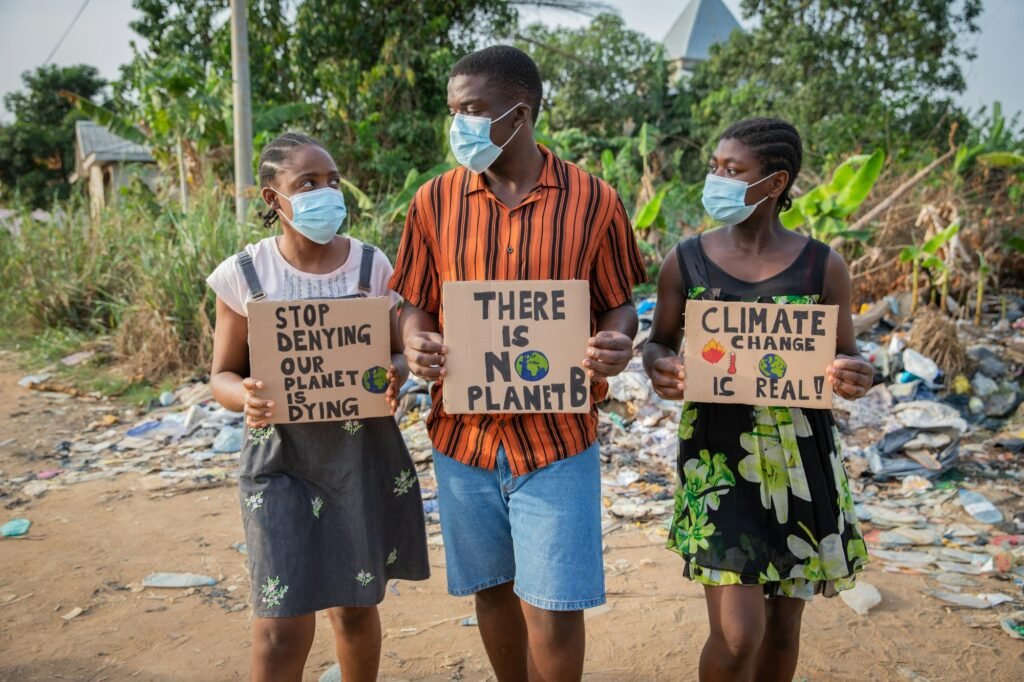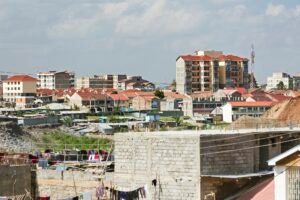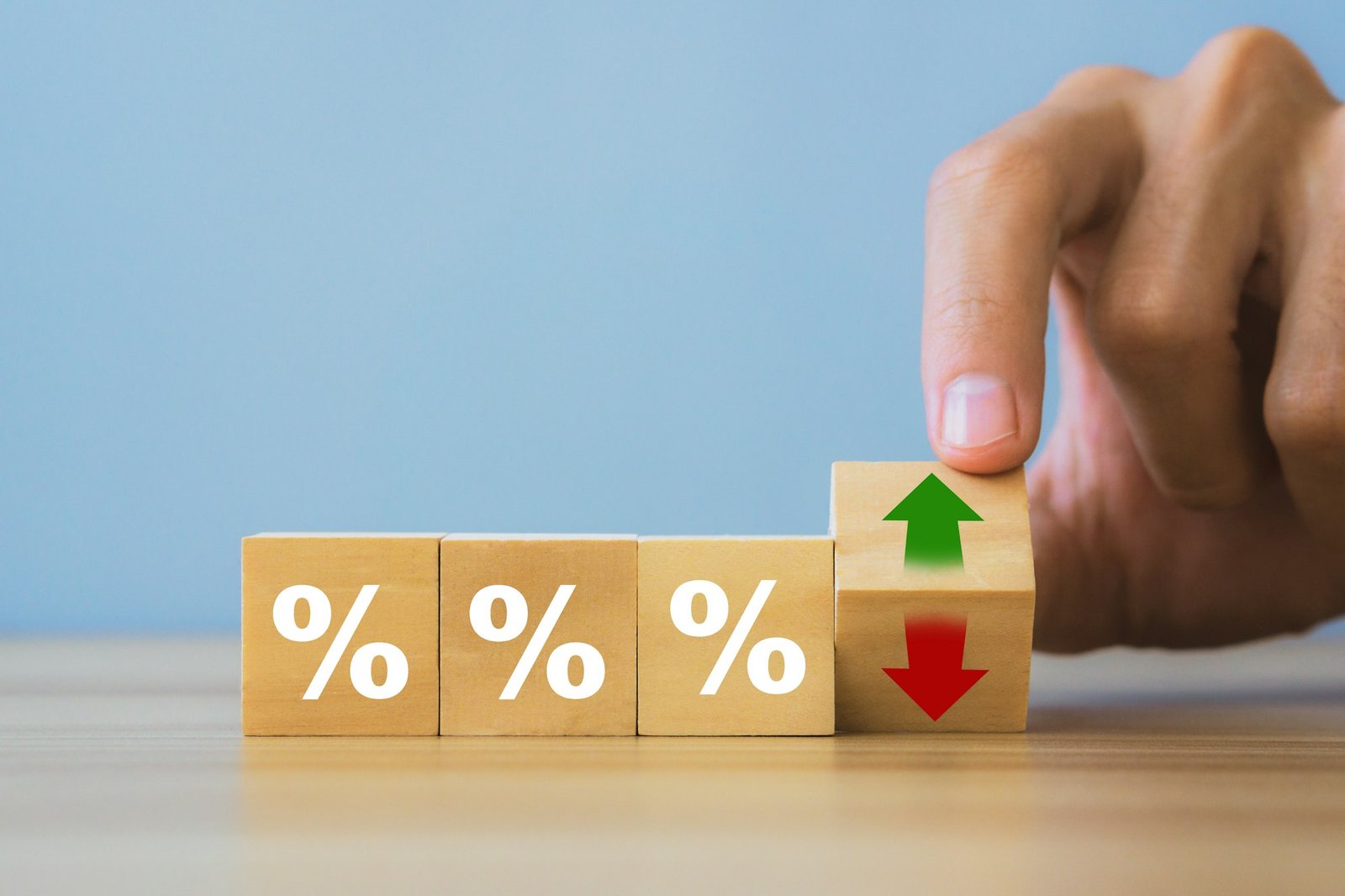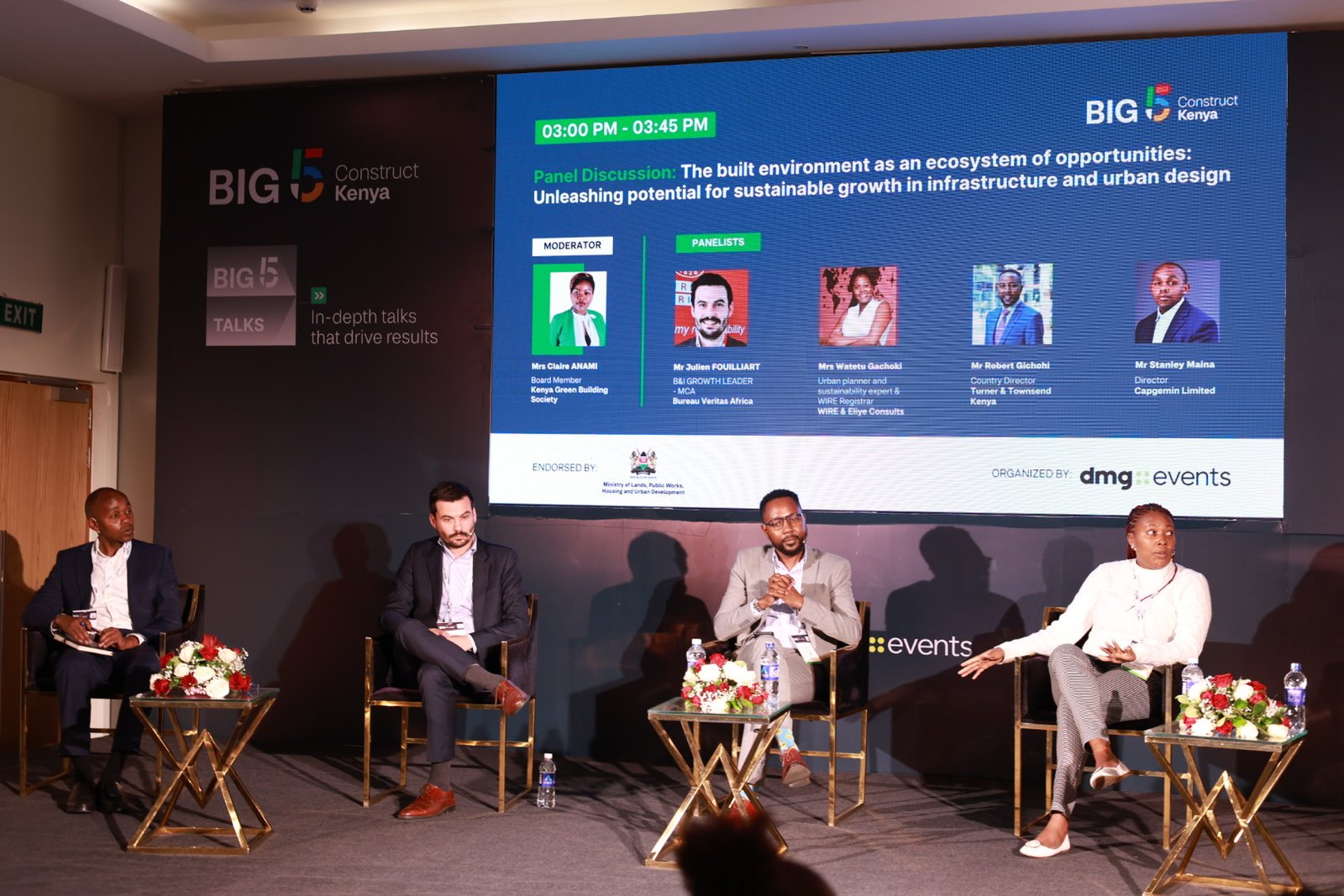Africa faces numerous challenges in reaching the Sustainable Development Goals (SDGs), particularly around climate change and poverty. According to the 2024 Africa Sustainable Development Report (ASDR), multiple crises have hindered progress and exacerbated inequalities across the continent. Tackling these issues effectively requires an integrated approach, innovative solutions, and partnerships across sectors.
Poverty: Persistent and Complex
Poverty reduction remains a top priority in Africa, but recent crises have reversed many hard-won gains. Here’s a closer look at the factors perpetuating poverty:
Setbacks from Crises: Although African countries made strides in poverty reduction from 2000 onwards, crises like COVID-19, regional conflicts, and climate shocks have driven millions back into poverty. By 2022, over half of the global population living in poverty was in Africa.
Regional Inequality: Poverty rates vary widely, with East and West Africa experiencing higher poverty levels than Southern and North Africa. Vulnerable groups—especially children and women—bear the brunt of these hardships, with Africa housing 70% of the world’s extremely poor children.
Weak Social Protection Systems: Inadequate social protection systems leave many vulnerable to economic shocks. These systems, where they exist, are fragmented and lack the reach to support low-income households consistently. Without a strong safety net, it’s challenging for many to escape poverty and meet basic needs like housing and healthcare.
Climate Change: Disproportionate Impacts
Africa contributes less than 4% of global carbon emissions yet suffers disproportionately from the effects of climate change. The challenges related to climate are especially severe due to several factors:
Dependence on Climate-Sensitive Sectors: Agriculture, a cornerstone of African economies, is highly sensitive to climate variability. Climate-related challenges, such as prolonged droughts or erratic rainfall, directly affect food security and economic stability.
Extreme Weather Events: Increasingly frequent and intense events—such as droughts, floods, and heatwaves—disrupt agriculture, damage infrastructure, and undermine livelihoods. These events drive people further into poverty, cause displacement, and fuel conflicts over limited resources.
Limited Climate Finance: Despite global commitments, Africa receives only a fraction of the climate finance needed. Most of the funds that do come in are concentrated in a few countries and focus on public sources, leaving a financing gap for crucial adaptation and mitigation efforts.
The Interconnected Nature of Poverty and Climate Change
Poverty and climate change are deeply interconnected, creating a cycle that is difficult to break:
Climate-Driven Poverty: Climate shocks, like droughts, lead to crop failures, food insecurity, and lost income, pushing people into poverty. For example, farmers facing crop losses often struggle to recover without insurance or savings, leading to long-term financial hardship.
Lack of Climate Resilience: Low-income communities lack the resources to invest in climate-resilient infrastructure and technologies, making them more vulnerable to climate impacts. This vulnerability fuels a cycle of poverty, as recovery from each shock takes a toll on limited resources.
Key Recommendations for Progress
Achieving the SDGs requires coordinated, multi-sector efforts that consider both immediate needs and long-term sustainability. Here’s what the ASDR recommends:
Strengthening Domestic Resource Mobilization: Improving tax administration and implementing progressive taxation can generate funds for poverty reduction and climate initiatives. Tackling illicit financial flows is equally essential to retain resources within the continent.
Scaling Up Climate Finance: Advocating for greater and more accessible climate finance from developed countries is crucial. New financing models, such as green bonds and resilience funds, could provide innovative sources of funding.
Promoting Resilient and Sustainable Solutions: Investment in climate-smart agriculture, resilient infrastructure, and robust social protection systems will build the resilience needed to withstand climate shocks. Expanding climate-smart agriculture practices, for example, can improve food security and reduce dependency on climate-sensitive methods.
Strengthening Governance and Partnerships: Effective governance, strong institutions, and collaborative partnerships are crucial for ensuring fair resource distribution, maintaining peace, and addressing corruption. These are vital components in achieving sustainable development goals across the region.
Investing in Africa’s Sustainable Future with Kukopa
The road to sustainable development in Africa is complex but filled with opportunity. Strategic partnerships and investments can make a significant impact. At Kukopa.com, we’re committed to supporting Africa’s housing sector by providing affordable construction loans that help communities build climate-resilient, sustainable housing. As an investor or partner, you can play a key role in transforming Africa’s housing landscape, driving sustainable growth, and making a meaningful difference in the lives of millions.
Ready to make an impact? Partner with Kukopa today to invest in sustainable development for Africa’s future!








